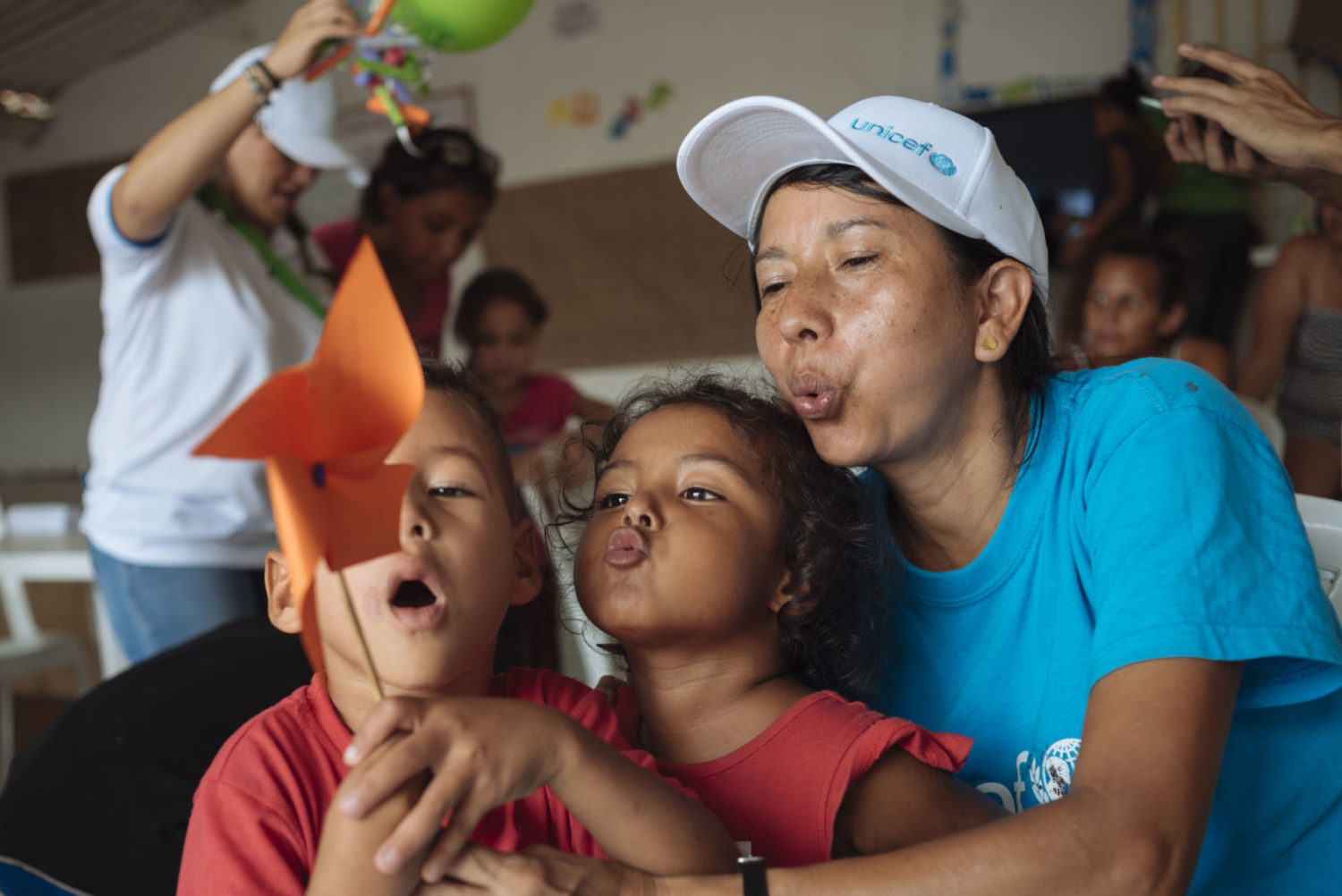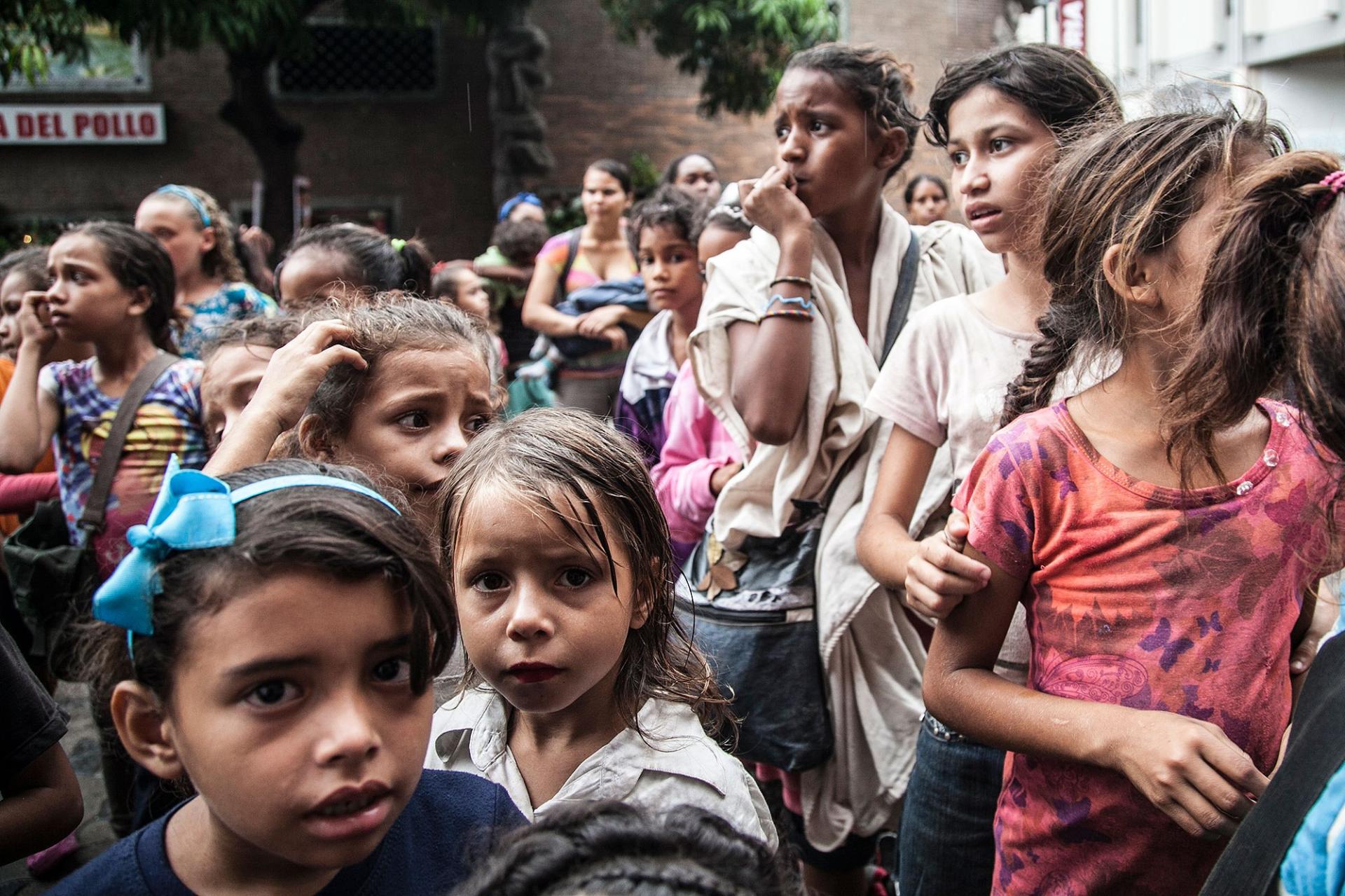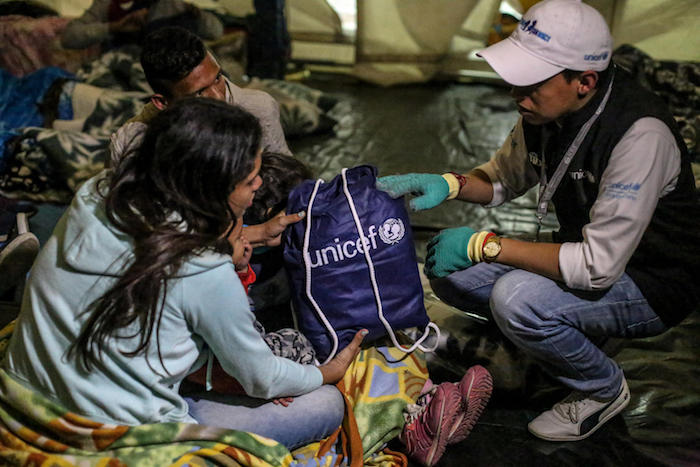UNICEF: Venezuelan children in Colombia need humanitarian assistance
Without increased support, the health, education and well-being of at least 327,000 children from Venezuela living as migrants and refugees in Colombia will be in jeopardy, the UN Children’s Fund (UNICEF) warned.

United Nations: Without increased support, the health, education and well-being of at least 327,000 children from Venezuela living as migrants and refugees in Colombia will be in jeopardy, the UN Children’s Fund (UNICEF) warned.
“At a time when anti-migrant sentiment is growing worldwide, Colombia has generously kept its doors open to its neighbors from Venezuela,” said Paloma Escudero, UNICEF Director of Communication who has just finished a four-day visit to Cúcuta, on the Colombian side of the border with Venezuela.
Also Read: Notre-Dame blaze being treated as accident, not arson
The economic and political situation in Venezuela has caused an estimated 3.7 million Venezuelans to leave their homes for Brazil, Colombia, Ecuador, Peru and other countries in the region.
Also Read |
Halep faces Muguruza challenge for French Open final spot

Some 1.2 million of them are in Colombia, often living in vulnerable host communities with already overstretched resources, said UNICEF.
“As more families make the painful decision to leave their homes in Venezuela every day, it is time for the international community to step up its support and help meet their basic needs,” Escudero said, adding “We cannot let that generosity wear thin.”

Also Read: Short circuit or cigarettes probably caused Notre Dame blaze
Also Read |
FIFA U-17 WC: India to take on Colombia
At the Simon Bolivar Bridge between Colombia and Venezuela, Escudero spoke to families making the trek every day to seek medical care, take their children to school, and bring food and other essential items to their families back home. “I met a mother, who has epilepsy and is eight months pregnant. She needed to come to Colombia to get her prenatal checkups and protect her health and the health of her baby,” she said. “For most families, the decision to leave is only a measure of last resort.”
UNICEF is working closely with other humanitarian agencies, national and local authorities, non-governmental organisations and communities in Colombia to provide migrant children, as well as children in host communities with health, nutrition, education and protection.(UNI)
 Dynamite News
Dynamite News 